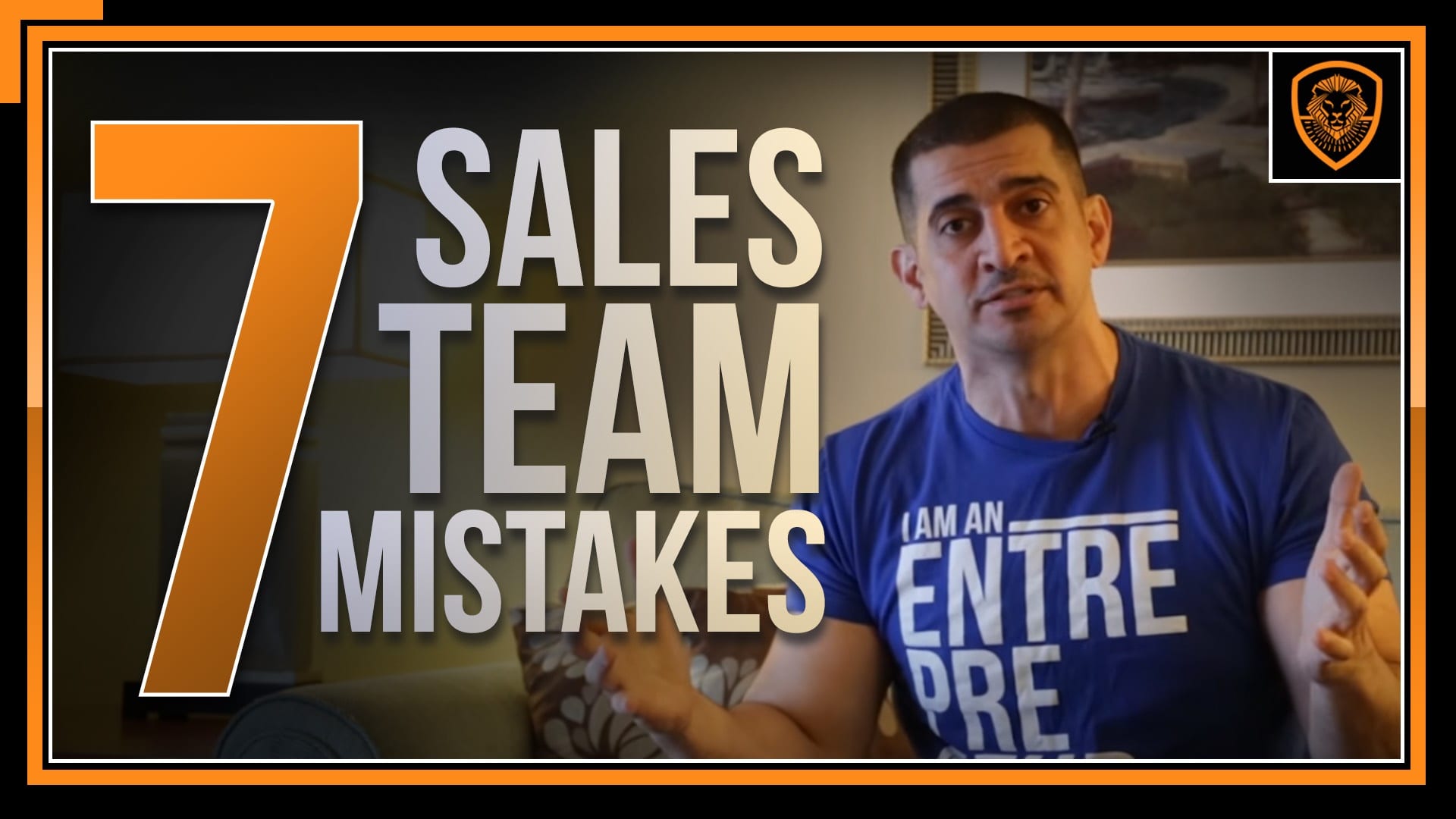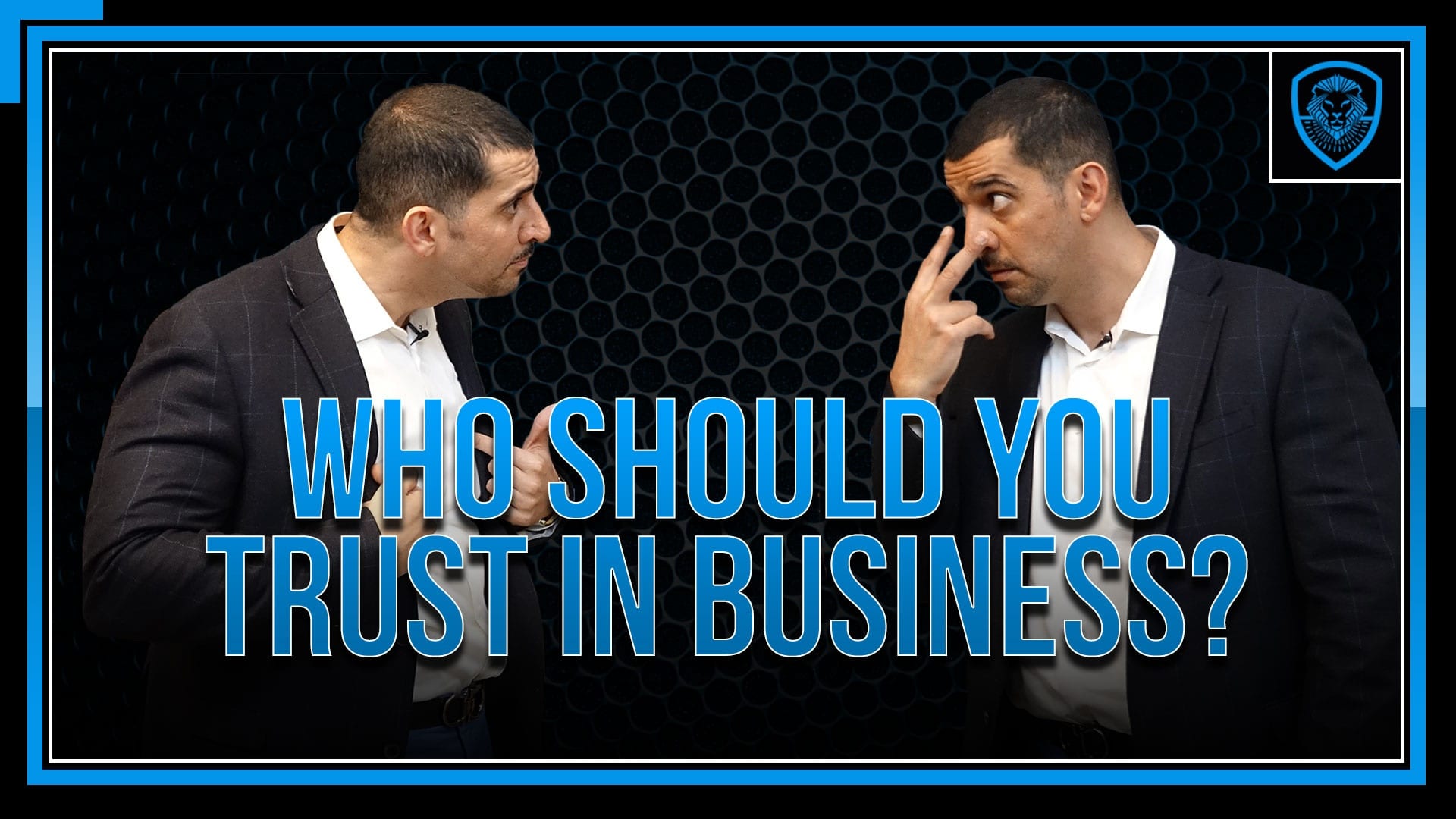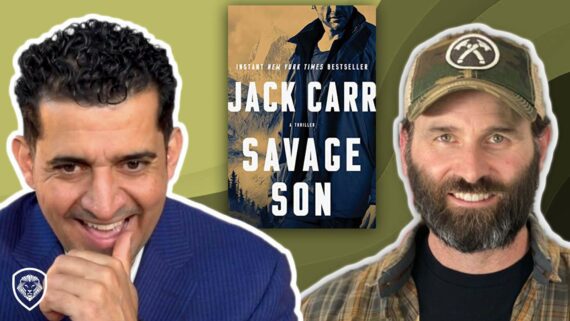Today I want to talk to you about seven mistakes sales managers make that cost them millions of dollars in commissions. I share from my personal sales experience and the mistakes I made in sales.
7 Mistakes Sales Managers Make
#1: Being Afraid to Lose People – 0:29
First, if you’re in a relationship and you’re constantly afraid of losing your girl or your man, you’ve already lost them. Likewise, if you’re constantly afraid of losing your best salesperson or losing your third best salesperson, you can’t lead them anymore. You lost the ability to lead these people.
I put this as number one because of the seven biggest mistakes sales managers make, this is the top one. When a sales manager becomes too soft and wants to make everybody happy, he stops leading his people. That is a very big problem. If you can’t get over the fact that you’re going to lose some sales people at times, you can’t lead them better.
#2: Communistic, Socialistic, Capitalistic – 1:22
Next, number two, which kind of goes with number one. There are three different types of sales managers. I’m going to explain that in a way that hopefully makes sense to you. There are communistic, socialistic, and capitalistic sales managers. Let me tell you the energy of each one of them because the one thing you have to judge an economic system on is the type of people they produce.
Communistic
First, you have communistic sales managers. In the communistic environment, it’s about treating everybody equally.
Imagine I’m in a real estate office and get ten leads of people who want to buy a house. I give one lead to each of ten salespeople because everybody needs to be treated equally. So your worst closer who hasn’t closed since the 70s gets the same number of leads as your best closer that closes 80% of the time. You’re a communistic sales leader.
Socialistic
Socialistic sales managers are about being partly fair, partly equal. They don’t want to ruffle any feathers, but still want to make sure their guy makes more money than the other guy.
Capitalistic
A capitalistic sales manager asks, “Who’s our biggest closer?” Then he keeps feeding him. It’s an environment where the top builders, top salespeople, and top performers are fed more than others. This environment produces a certain competitive energy the other two don’t produce.
If you run a sales office and there’s no bickering, fights, or friction, where there’s no competition, you have a very boring sales office.
A couple of years ago a multi-billion dollar company invited me to speak to 64 of their executives. Now there’s nothing wrong with Deepak Chopra, but I felt like I was at a Deepak Chopra event where everybody held hands and loved on each other. They focused on running a harmonious sales environment, and they kept trying to figure out why sales were down for 18 months straight. Did they really need another sign? No one was competing or selling. Everyone was comfortable. You won’t grow a business in that environment.
Sports is a competitive environment. You have to fight for starting lineup. You have to fight to be the point guard. It’s not harmonious. That’s a capitalistic environment and in sales, that works.
If your business is flat, you’re either a communistic sales manager or a socialistic sales manager, and you need to take personal inventory of how you run your business.
3: Peer Pressure – 4:18
Next isn’t number one, it’s number three. But it’s my favorite, peer pressure. I love peer pressure! Let me tell you, there’s nothing I love more in an office than peer pressure. There’s nothing better than saying, “Larry brought six sales in today, but Jackie brought seven.” Or “Bobby made 193 calls today and Larry made 217.”
It’s Saturday night and Bobby wants to go home. It’s 6:00, and he wants to relax and do what everybody else is doing. Jackie says, “You go home first! I’m staying a little longer.” He leaves at 8:15 and she leaves at 8:30. This is peer pressure. She made him stay two more hours, when he was ready to leave at 6:00.
I love peer pressure. A great sales office with a lot of fire in it has a lot of peer pressure. For peer pressure to exist in an office, the sales leader must allow peer pressure to be there.
4: Honest Office – 5:29
Listen in here for what I mean by an honest office and why not having an honest office is one of the big mistakes sales managers make.
5: 90/10 Rule – 8:06
Next, the 90/10 rule. Let me tell you about the 90/10 rule. Remember when earlier I said to stop being afraid of losing your best sales people, and that if you are, you officially lose the right to lead them?
If I lead you, I want you to understand that I’m okay if you decide to go to a different place. I’ll do my best to lead you while you’re here with me right now. A coach can’t say, “Oh my gosh! LeBron’s on my team.” No! If you’re on my team, I lead you until you get traded or go somewhere else. But I’m going to lead you when you’re here. If you say, “Oh my gosh. . . ” they’ll leave you. But if you lead, they’ll stay with you forever.
So here’s the 90/10 rule. Rather than put 10% here, 10% here, 10% here, and so on, I would much rather take 90% of my time and put it into one guy and teach him what I know. Then after him, the next guy and teach him what I know. Every office, every industry, needs a killer. And the only way you produce killers is by putting 90% of your time on one killer. Then you move on to the next killer. Then you give birth to killers because killers only keep killers. That means that office has so much peer pressure you cannot help but be a killer, because if you’re not a killer in that office, you get killed in that office. That’s the type of office I like to lead.
6: Incentives – 9:56
Last, give incentives. I give incentives multiple ways. I’ve given away the most random things, like shark teeth. I once went to Canada and bought a dinosaur tooth for 50 bucks. It was the coolest thing I ever gave away.
I’ve done a lot of different things. But eventually, I realized that if I spend $1,000 on incentives, instead of giving $100 incentives to ten people, spend 50% of the budget on one person. If incentives for three people, do 50, 30, 20. Make the number one guy a gift that’s above everybody else. Make it a sexy gift, a cool gift.
We ran a Dubai contest once. I put the number one guy up at the Burj Al Arab, which costs $3500 a night. Everybody else stayed at the Atlantis, which was still $600 a night, but it’s not the Burj Al Arab. So the incentives for my killers have to be above everybody else, and the way you incentivize your salespeople determines how many killers you give birth to.
#7: Don’t Be Impressed by Talent – 11:31
Listen in here for why talent’s not the most important thing, and to see two surprise guests that showed up while we were videoing this episode.
Sales guys, if you watch this, share it with your sale manager in a gentle way. Say, “Hey boss, what do you think about what this guy has to say? Do you agree with him or not?” If your environment changes with this, it’s going to make you a lot of money, and your sales manager won’t mind because he’ll make a lot of money, too.
If you have questions, comments, or thoughts, comment on the bottom. If you haven’t subbed yet to the channel, click on the button below to subscribe.






